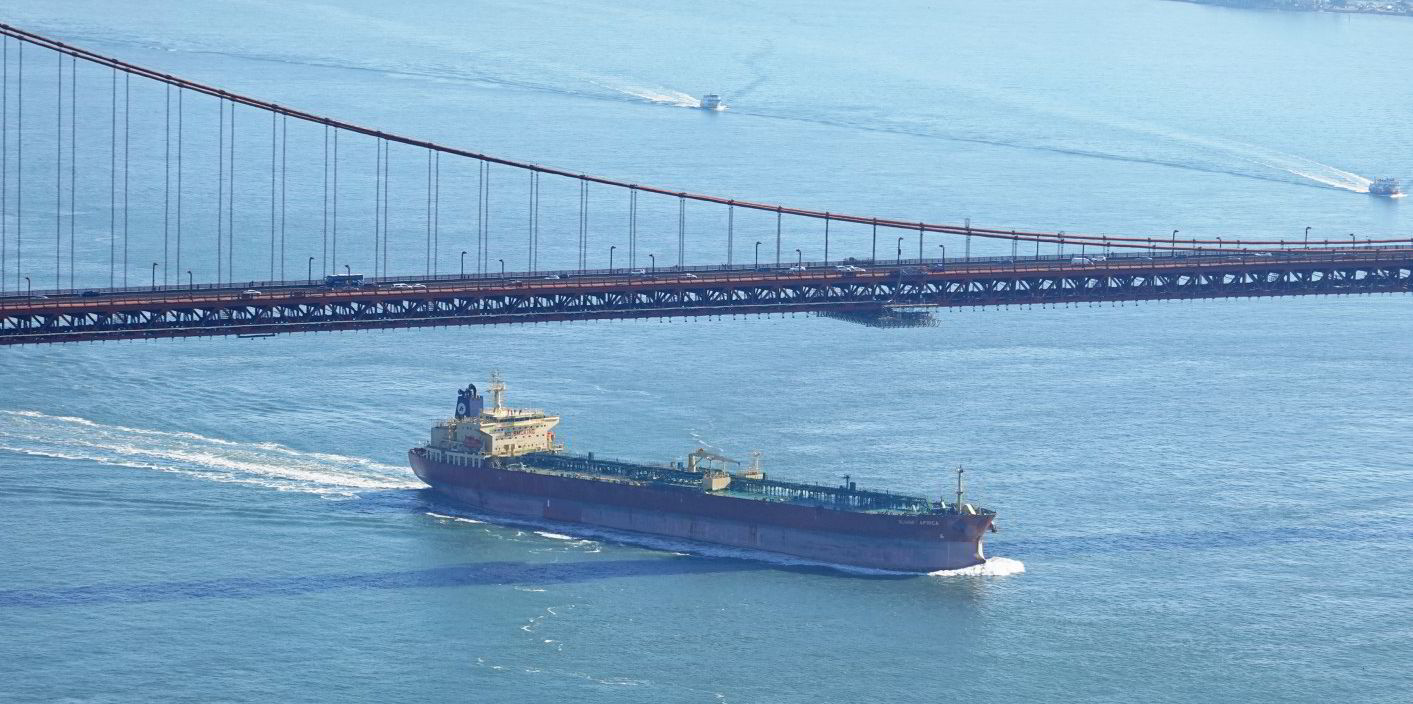Data from Clarksons Research illustrates how quickly the world fleet is ageing after a decade of slower newbuilding activity.
Analyst Sarah Holden calculated that the average vessel age has risen 2.5 years to more than 12 years since the low of 2013.
“Against the backdrop of the accelerating green transition, focus on the growing number and share of older ships in the fleet is increasing, with a range of potential implications for shipping supply and markets ahead,” she said.
The shipbuilding boom from 2008 to 2012 saw average deliveries of 90m gt per year, which fell to 63m gt over the following decade.
Lower scrapping levels have also contributed to this ageing trend, Clarksons Research found.
There were record levels of recycling in 2012 and 2014, at 34m gt per year, compared with 19m gt per year since then.
At the older end of the spectrum, 7% of the fleet is now older than 25 years — 100m gt against 80m gt five years ago.
A further 7% is aged between 20 and 25 years.
The tonnage delivered in the mid-2000s means the fleet of 15 to 20-year-old vessels has grown rapidly to 236m gt or 15%, up from 10% in 2013, Holden said.
All of the key shipping sectors have aged, she added.
Nearly one-third of tankers are older than 15 years
Tanker orders have been increasingly scarce, with 32% of the fleet 15 years or older — more than double the share in 2013 and the highest across the main vessel types.
The average tanker is now 11.8 years old, versus 8.2 years a decade ago.
For bulkers, the average age is 10.7 years, up from 8.4 years in 2013.
The average age of boxships has risen to 11.4 years from 8.1 years, although a big newbuilding slate is awaiting delivery in the coming years.
Holden notes, however, that some sizes are older than others.
Half of all 3,000-teu container vessels are aged over 15 years, but just 13% of capesize bulkers.
“Outside of the major sectors, there are also some notably more elderly fleets,” she said.
Reefers are 26.9 years old on average, roros 15.9 years and ferries 22.2 years.
Trend to continue in the short term
“In the short term, it seems likely that the average age will trend further upwards, albeit with some sector variation, with the orderbook limited, and contracting held back by a range of factors including uncertainty over fuelling technology,” Holden added.
Strong earnings in some sectors such as tankers continue to limit recycling despite a larger pool of scrap candidates.
An ageing fleet will be hit by environmental regulations, she warned, and slowing ship speeds will be a key lever initially.
“More broadly, the ageing fleet points to the need for major fleet renewal ahead as shipping moves to decarbonise; how this proceeds — it may be uneven — will impact underlying trends in fleet growth,” she concluded.




